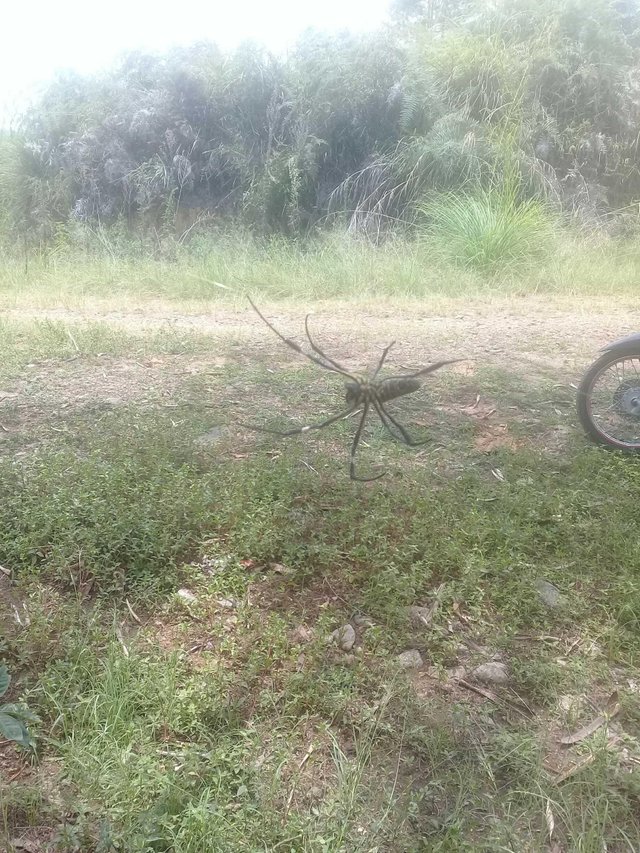
Spiders, also called spiders, are a kind of arthropods with two body segments, four pairs of legs, no wings, and no chewing mouths. All types of spiders are classified into the order of Araneae; and along with scorpions, ketonggengs, mites-all eight-legged-were put into the Arachnida class. The field of study of spiders is called arachnologi.
The Araneae is the largest order in arachnids and ranked seventh in total species diversity among the entire organismse order. [2] Spiders can be found all over the world on every continent except in Antarctica, and have survived in almost all habitats with the exception of air and sea colonization. As of February 2016, at least 45,800 species [3] and 114 spider tribes have been recorded by taxonomists. However, there has been a division within the scientific community about the way all these tribes are classified because since 1900 there have been more than 20 different classifications have been proposed.

Spiders are predators (carnivores), sometimes even cannibals. Its main prey is insects. Almost all types of spiders, with the exception of about 150 species of the Uloboridae and Holarchaeidae tribes, and the Mesothelae subordo, are capable of injecting through a pair of fangs to their enemies or prey. However, out of tens of thousands of species, only about 200 species have bites that can harm people.

Not all spiders make a net to catch prey, but all are capable of producing silk threads-a thin but powerful strand of protein fiber-from a gland (called a spinneret) located at the back of its body. These silk fibers are very useful for helping the movement of spiders, swinging from one place to another, trapping the prey, making egg bags, protecting the nest hole, and so on.